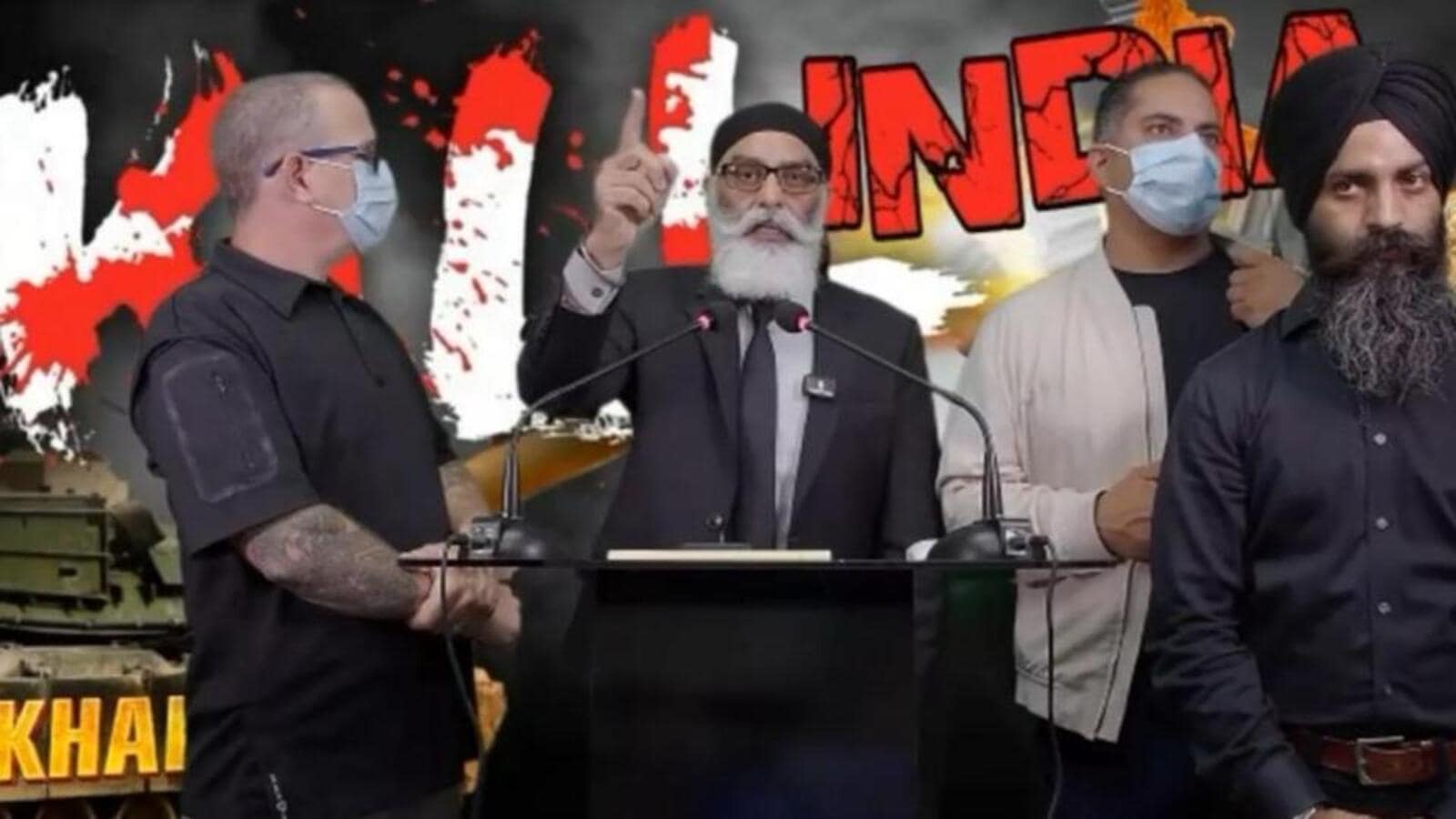Horoscope
Khalistan referendum gains momentum in Canada as Calgary hosts latest round of voting

Toronto: Even as the so-called Khalistan referendum is in its fourth year, Canada has emerged as the epicentre for that separatist activity.
The latest round of the referendum, organised by the secessionist group Sikhs for Justice (SFJ), was held in Calgary, in the province of Alberta, on Sunday.
The referendum has already been held in Brampton in the Greater Toronto Area or GTA (twice), in Surrey, British Columbia, and now Calgary, with plans for another round in the summer of 2025, with the city of Montreal in Quebec and the town of Mississauga, also in the GTA, as well as Edmonton, the capital Alberta, and Abbotsford in British Columbia, on the radar of the organisers.
However, it has received maximum traction in Canada, particularly with a government facility, the Municipal Plaza being the venue, even as the city administration said it could “not control or patrol” the community groups using the premises, as per Calgary’s Indo-Canadian Mayor Jyoti Gondek.
SFJ has already said it feels “emboldened” after Canadian Prime Minister Justin Trudeau’s statement in the House of Commons on September 18 last year that there were “credible allegations” of a potential link between Indian agents and the killing of Hardeep Singh Nijjar three months earlier.
That has allowed SFJ to become overtly provocative during its referenda events, as in Calgary, where its poster displayed the image of considered the mastermind of the bombing of Air India flight 182, the Kanishka, on June 23, 1985, claiming 329 lives.
This remains the worst-ever terrorist incident in Canadian history. It also featured ‘Kill India’ slogans. All that occurred minus any criticism from Canadian politicians or media.
In fact, in a speech at the venue, Pannun said if the Canadian Government is unable to provide justice against Indian diplomats, including its High Commissioner to Ottawa Sanjay Kumar Verna, then they would be subject to “Khalsa justice.”
The only reaction has come from Indo-Canadian groups. The Coalition of Hindus of North America or CoHNA Canadian chapter stated, “Posters featuring Parmar were displayed at many city locations for weeks and at the city hall for days.
Mayor office was informed that the event would honour members of banned terrorist organizations. Glorification of these individuals, collectively responsible for hundreds of deaths and the promotion of violent extremism, with support of government officials sends a dangerous message, and potentially emboldens extremist elements within the communities, putting the safety and well-being of Hindu Canadians and other minority communities at risk.”
The next round of SFJ’s referendum is expected to be held in New Zealand later this year, and it has already travelled to the United Kingdom, Switzerland, Italy and the United States, but the base of the divisive movement is definitely Canada.








